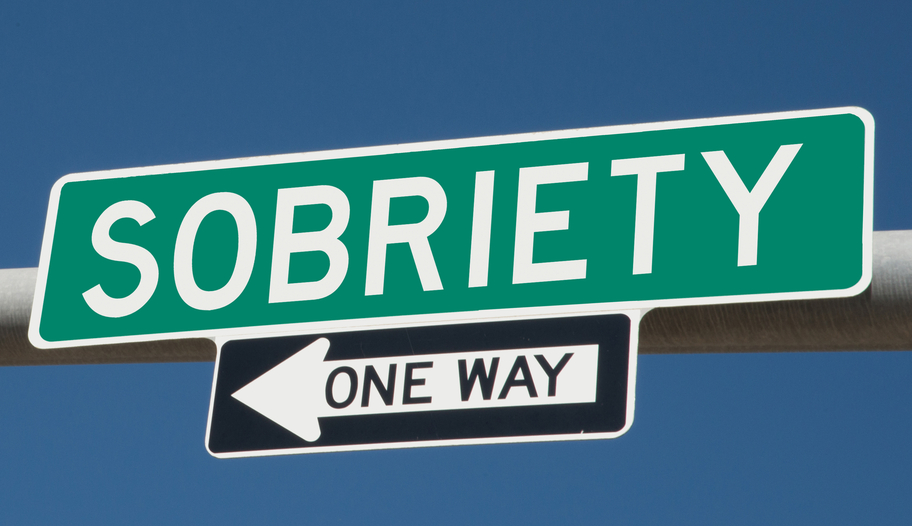
Life post-rehab can be incredibly hard on a teen. Not only do they have to deal with their newfound sobriety, but they’re pressured to stay sober whilst getting back into life with all its responsibilities, including school work, creating and maintaining a social life, and struggling with questions of identity and motivation. Some teens feel like their past behavior was a let-down, prompting feelings of shame – others find themselves crushed under the stress of real life right after a stint in rehab. That’s where a sober living program comes into play.
To many, inpatient residential programs simply do not provide enough time for a patient to acclimatize themselves to what life is like after drug use and sobriety. It’s massive shift, and the difficulty of it can be a little much. Parents often turn to outpatient programs to help their children adjust, but there’s more to sobriety than asking for help. Learning to deal with all of life’s difficulties outside of rehab is an essential part of anyone’s journey through recovery – but far too many teens are returned into the same environment that fostered their addiction, surrounded by temptations that might allow them to return to drug use.
That is where a sober living program can help. A Sober living program is unique from outpatient programs or other post-rehab treatment plans. They involve integrating people into realistic, responsibility-oriented environments, without the temptation of drugs. Here, teenagers and adults alike can adjust to life outside of rehab by applying for work or school, socializing with other sober people, creating support groups to prevent relapses, and regularly joining into meetings and activities.
How A Sober Living Program Works
Sober living programs can be built in many versatile ways, but they all follow a basic set of unspoken, unwritten tenets defining what a sober living program is:
- No drugs, alcohol, or late-night guests. To prevent the temptation towards using again, sober living programs are strict about the possession of any addictive substances. Some even control alcohol-containing items such as mouthwash. A strict curfew also forbids tenants from staying out too late or bringing guests in for in-house parties.
- Chores and bills are necessary. A strict schedule is laid out to ensure that everyone in the program does a set number of tasks or chores per day, and takes care of their bills and costs. Adult tenants must have a job or must be searching for one while paying their monthly costs, while teens still in school must stay in school.
- There are mandatory events and meetings. Everyone must attend group counseling sessions or community meetings, although you’re not forced to attend every single one. It’s your choice whether you prefer to keep to yourself, save for the mandatory meetings.
An overview of a typical sober living program will give the impression that all sober living facilities are extremely strict, terrifying places to live. But that is not how they’re run. The basis of sober living is to give teens and adults a structure to adhere to post-rehab, to give them the skills and habits they’ll need to maintain their sober discipline outside of addiction treatment facilities. At times, this may require tough love. It’s possible to be kicked out of a program for possessing drugs, or failing to go to school/work.
Ultimately, these aren’t prison camps or military training facilities – they’re programs meant to help people struggling with addiction get better. Most sober living programs consider people’s unique circumstances and disabilities, and help them fit into the program. Individual therapy and counseling is combined with the program’s mandatory group therapy to provide a private space for tenants to air their worries and address their concerns. Some people struggle not just with addiction, but codependent mental disorders such as general anxiety and PTSD – as such, everyone’s individual treatment is different.
Why Sober Living Is Perfect For Teens
Sober living programs help teens establish habits that make life without drugs much easier. They teach teens how to take control of life and establish a productive schedule, regardless of what a teen may eventually want to do in life. They help them manage their time, apply focus and mindfulness in everyday tasks, and work with others to improve themselves.
A sober living program typically emphasizes social ability and communication between tenants to help individuals foster a sense of community among one another, and create the sort of inspirational, motivational air needed to make it through the first few months of recovery.
Responsibility and discipline are central to sober living, not just as a program but in general. When addiction sets in, it can take over the way your brain interprets pleasure and completely change the way you feel joy and happiness for years to come. Fighting against that – fighting against your own mind – requires dedication and a powerful motive. For teens, finding that motive can be difficult.
A sober living program will take it upon themselves to help their tenants find that reason to stay sober, and use it as motivation even in the darkest of times. Because a sober living program typically does not have a time limit, they are also an ideal choice for post-rehab treatment as they allow tenants to stay until they feel ready to move on without the stringent structure of a sober living environment.





